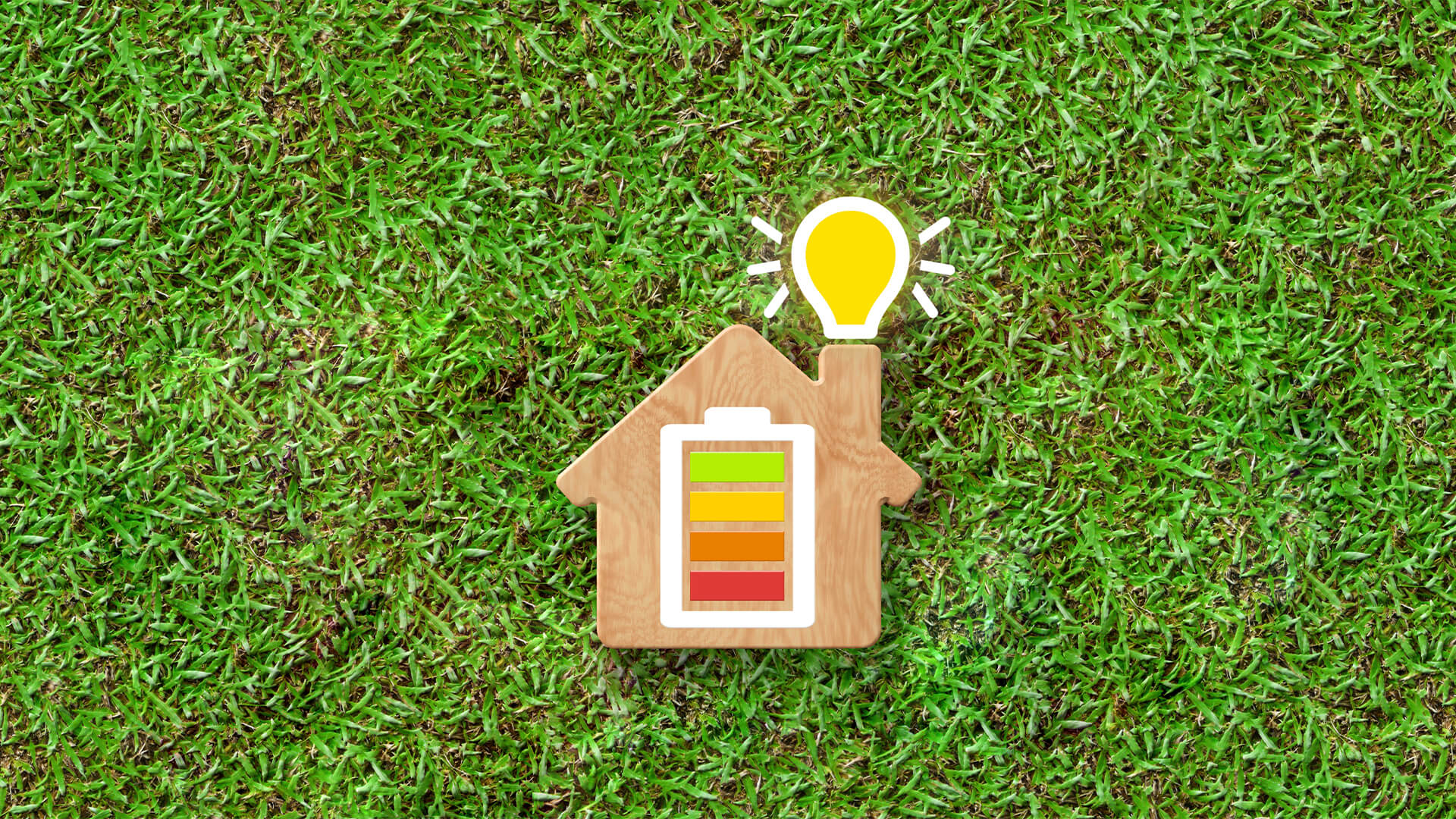Higher energy prices and the worry that thousands of people will struggle to heat their homes this winter has led to more people trying to find ways to heat their homes for less. One of the most effective solutions to the energy crisis is creating an energy efficient home, or retrofitting your existing property to retain heat more effectively. In fact, studies suggest that across England and Wales, over £10bn could be saved in energy costs just by upgrading leaky homes to a higher standard.
State of the UK’s energy crisis
Until recently, cheaper energy meant that homeowners could affordably heat their homes and had little incentive to install green solutions such as insulation. But what may have seemed like an unnecessary step before now feels like a worthwhile investment in terms of the long-term saving opportunities they offer.
Now, the likes of home insulation solutions or double glazing pay for themselves in almost half the time that they would have based on 2021 energy prices. Not only would upgrading households in the UK help to reduce energy bills, but it would also reduce the UK’s dependence on foreign energy companies and contribute towards the 2050 net zero climate targets.
How energy efficiency improves energy security
Since the war on Ukraine, fossil fuel imports have been under threat and have forced Europe to act on its energy efficiency goals sooner than they may have done. But it’s not the first time Europe has found itself in this position. In 2014, when Russia annexed Crimea, Russia provided around 40% of Europe’s natural gas imports and over 50% of its total energy supply. The UK’s dependency on power from abroad has once again resulted in energy supply problems.
Research by the Home Builders Federation states that 73% of respondents were worried about the energy performance of their current home, with one quarter claiming that energy efficiency would be a crucial aspect of their next property. From modern heating systems to cavity wall insulation, Brits are seeking homes with energy-saving attributes more and more to protect them from the impact of rising energy costs.
An energy efficient home retains heat better than one without insulation or double glazing, meaning you require less gas or electricity to keep it warm and comfortable. The more energy efficient infrastructure we have in place, the less reliant we are on energy from abroad, which means a reduction in energy imports and lower energy bills for UK consumers.
Energy efficiency is one of the most impactful ways to beat the energy crisis, with measures implemented to reduce demand helping to cut greenhouse gas emissions by as much as 70% according to an IPCC report. Compared to new oil and gas, energy efficient technology is so much faster to produce and make use of. Nuclear and hydropower take over 20 years to establish, while solar by comparison takes just 2 years to establish. Energy efficiency, on the other hand, can be implemented straight away to cut bills, save energy and increase energy security immediately.
Eco-friendly changes to counteract high energy bills
Fully retrofitting a home may not be feasible for everyone during these cash-strapped times, but there are several options that will improve the carbon footprint of a property while also reducing energy costs. Many homes have old windows and doors, for example, which don’t retain heat, so updating them to modern alternatives can help homeowners save money on electricity and minimise the carbon footprint of the property.
Insulation is another easy but highly effective way to retain warmth in your home and reduce energy bills, since heat can easily escape out of a roof, flooring or walls. While your loft may have insulation, it’s unlikely to be sufficient. Increasing it to a minimum of 27cm in thickness can result in savings of over £35 per year in energy expenses and is easy for homeowners to do themselves. Cavity wall insulation, on the other hand, is a bigger undertaking but one which can result in much bigger savings of nearly £400 per year and reducing the carbon footprint of the home by as much as 580kg.
Naturally, renewable solutions are a bigger investment but one that can remove the fear that comes from energy insecurity. For example, solar panels combined with battery storage can provide a homeowner with greater energy security without reliance on fossil fuels, or an air source heat pump can be used as an efficient heating system to replace gas heating systems.
As a nation, we need to start making changes to the way we build and update our homes to accommodate eco friendlier alternatives, not just to adhere to our climate targets but to help homeowners to survive the rising costs of energy. From renewable energy heating systems like solar and heat pumps, to retrofitting properties to insulate them against the cold, energy efficiency is the answer to the growing fear that UK households won’t be able to afford to heat their homes. With energy efficient solutions, we’re not just protected immediately against current costs but we have energy security for the future, reducing our dependence on imports and carbon-heavy resources.




























